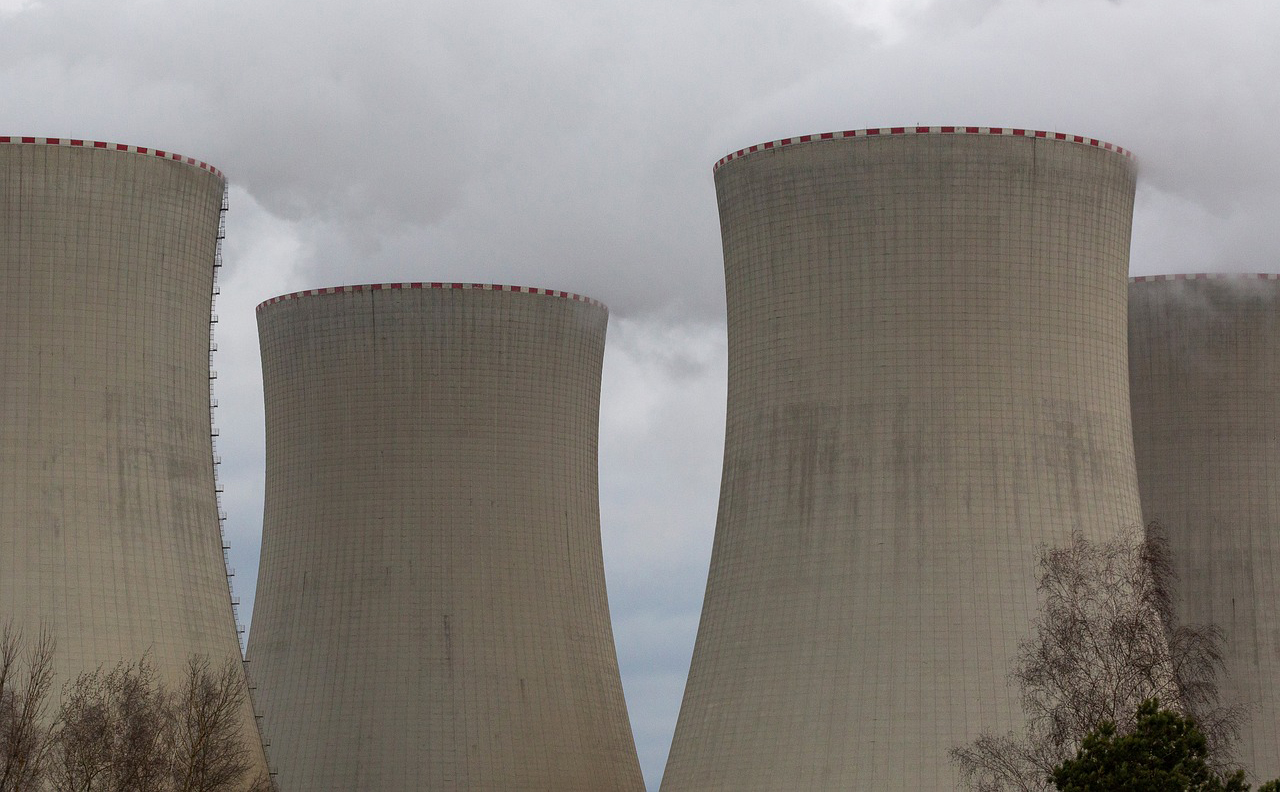News
Argentina's Embals Nuclear Power Plant has Resumed Commercial Operation
Argentina's Ministry of Energy announced on May 30, 2019 that the Embalse nuclear power plant has resumed commercial operation. The plant achieved first criticality in January after completing a three-year upgrade and then underwent four months of testing.The Embalse nuclear power plant has a CANDU 6 unit that was put into operation in 1984 and started modernization work at the end of 2015. During this three-year renovation, the unit replaced all pressure tubes and calandria as well as steam generators. CANDU units usually require an overhaul after 25 years of operation to complete the replacement of all pipes. This renovation not only enables Embalse to continue operating for 30 years, but also increases its installed capacity by 6% to 683 MWe.
The resumption of operation of Embalse means that it has become the third CANDU 6 unit to complete a comprehensive renovation after South Korea's Wolsong 1 unit and Canada's Cape Leproe unit.
Argentina currently has three operating nuclear power units, all of which are CANDU units, with a total installed capacity of 1,702 MWe. Nuclear power generation accounts for about 10% of the country's total power generation.
Duke Energy recently announced that it will complete the decommissioning of the Crystal River Nuclear Power Plant in 2027. The nuclear power plant has an 860 MWe pressurized water reactor unit that was put into operation in 1977 and permanently closed in 2013. Its decommissioning work was originally scheduled to be completed in 2074.
The power plant was shut down in September 2009 and started a transformation aimed at increasing power by 20%. However, due to containment problems, the transformation was not completed. In February 2013, the power plant announced its permanent closure. At that time, Duke Energy said that its decommissioning work was expected to be completed in 2074.
Duke Energy announced a new decommissioning plan for the Crystal River unit on May 30, 2019, according to which decommissioning work will begin in 2020 and end in 2027.
The plan needs to be approved by the U.S. Nuclear Regulatory Commission (NRC) and the Florida Public Service Commission. This approval process is expected to take about a year to complete.
Duke Energy has signed a contract for Crystal River decommissioning with Accelerated Decommissioning Partners, a joint venture between NorthStar Group Services and Orano USA, that provides financial protection for Duke Energy customers and transfers project execution risk, including potential cost overruns and unknown conditions, to Accelerated Decommissioning Partners.
If the decommissioning plan is approved, Duke Energy will remain the NRC-licensed owner of the plant, property and equipment and retain ownership and control of the trust fund to pay for decommissioning costs. Accelerated Decommissioning Partners will become the NRC-licensed operator responsible for decommissioning the plant in accordance with applicable regulations. Accelerated Decommissioning Partners will also own the Dry Storage System assets, including spent fuel assemblies, and will operate and maintain the dry storage facility at the site.
“The sale of the Dry Storage assets enables Duke Energy to transfer all aspects of spent fuel management, including operating and maintenance costs, to us,” said Scott Starter, CEO of Accelerated Decommissioning Partners. “Owning the Dry Storage System assets aligns closely with our industry expertise and business strategy.”

RELATED NEWS
- UK Government Pledges £20 million Investment in Innovative Electric Vehicle Proj
- International Crude Oil Futures Rise Amid Tensions in Iran
- Iraqi Kurdish Region Plans to Sell Oil
- Russia's Economic Strength has Recovered 70%
- U.S. Department of Energy Allocates $120 Million to Fund Electric Vehicle Projec
